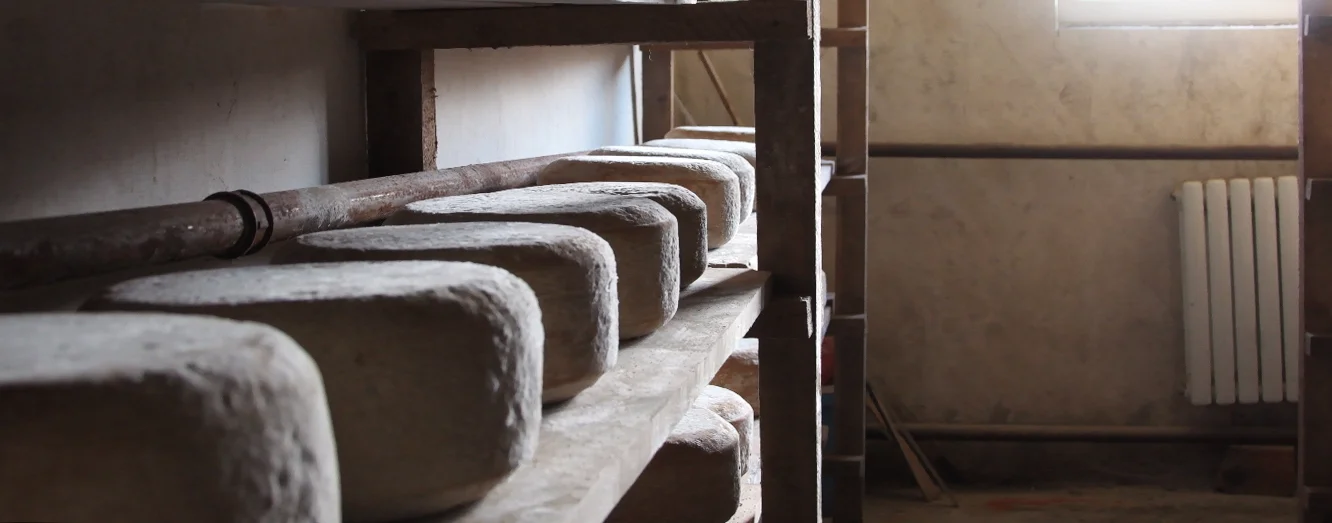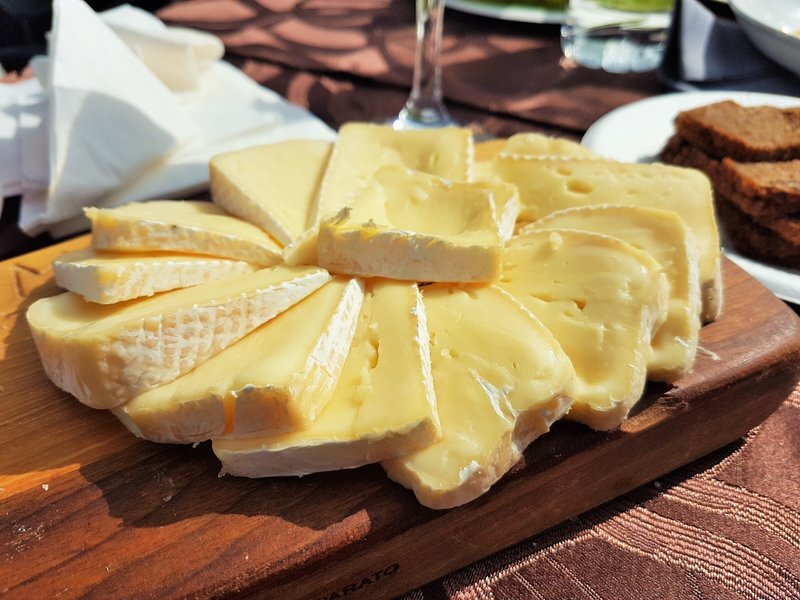



Overview
COmmunity Development
Conservation efforts are intrinsically entwined with the livelihood and quality of life issues of the soum’s inhabitants. Preservation, restoration, and improvement of this socio-ecological environment comprises a complex problem that defies piece-meal, short-term solutions. Based on this awareness, the Altai Institute, in cooperation with local and international partners, has begun to conceptualize a multi-dimensional, multi-generational development strategy for Delüün soum that will permit the Altai Institute to more effectively play a conservation role in Delüün.
Overview
COmmunity Development
Conservation efforts are intrinsically entwined with the livelihood and quality of life issues of the soum’s inhabitants. Preservation, restoration, and improvement of this socio-ecological environment comprises a complex problem that defies piece-meal, short-term solutions. Based on this awareness, the Altai Institute, in cooperation with local and international partners, has begun to conceptualize a multi-dimensional, multi-generational development strategy for Delüün soum that will permit the Altai Institute to more effectively play a conservation role in Delüün.
CONSERVATION CHEESE
For a country with over 50 million livestock, milk is an underutilized economic resource. During the summer period, Mongolian cows, yaks, goats, sheep and camels naturally produce billions of liters of milk for which there is not much market. Mongolians primarily use milk in their tea and to make a local ”herder’s cheese”. Most of the milk produced during Mongolia’s 100 days of summer is left to be suckled by young lambs, kids, and calves.
The Altai Institute has partnered with the Mongolian Artisan’s Cheesemakers Union to build a local cheese plant to make artisan cheeses for international export. The plant will primarily use yak, cow, and sheep milk in order to add value over time for these livestock animals that are less destructive to the land. Over time we will offer incentives such as higher milk prices and profit sharing with herders that commit to reduce the number of animals they graze. The goal is to encourage herders to maintain their traditional herding culture, but diversify their income by increasing the value of currently under-utilized domesticated animals in order to decrease their reliance on cashmere as their cash crop, and as a result restore their grasslands.

Information
Information
ENVIRONMENTAL MANAGEMENT PLANNING
The Altai Institute organizes workshops to develop an Environmental Management Plan for the soum. In a 3 -day workshop stakeholder representatives meet to discuss problems, needs, and assets available. They work to identify conflicts and possible solutions. On the last day they agree to a set action steps to be formalized into an action plan that is presented to the soum governor to advise him in his annual budget and soum goals. The process is repeated on a regular basis to improve the process of discussion and collaboration as well as update the EMP.

